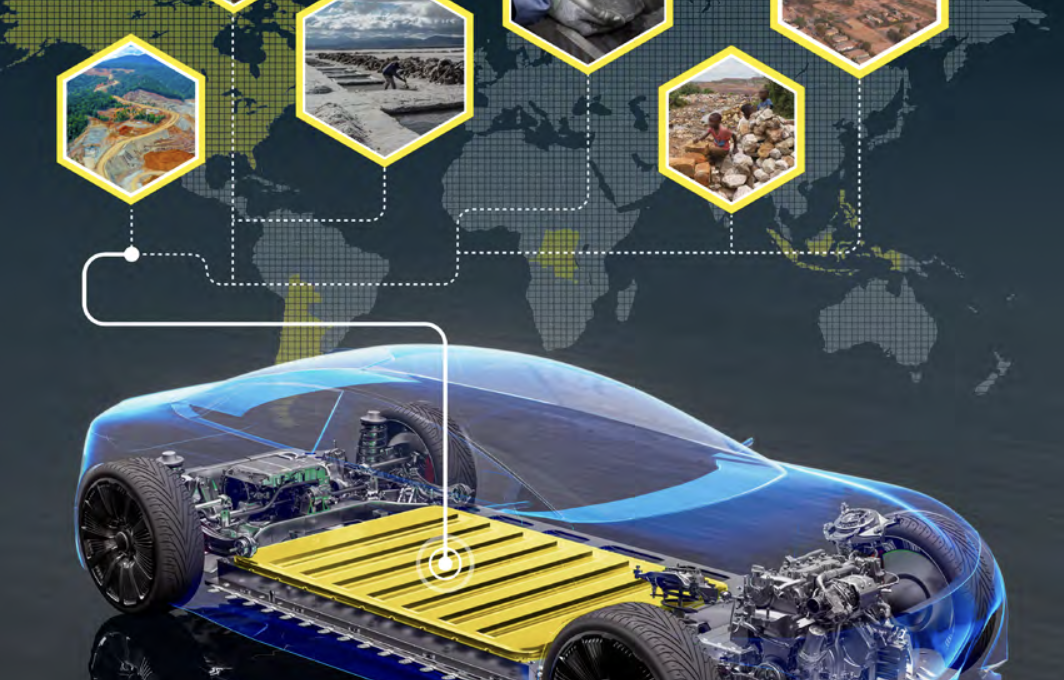Here at Lead the Charge, we’re busy working on the 2025 edition of our annual Leaderboard on automotive supply chains, due to be released early next year. The Lead the Charge Leaderboard evaluates 18 of the world’s leading automakers on their efforts to eliminate emissions, environmental harms, and human rights violations from their supply chains.
We were excited to see Amnesty International take a look at similar issues with their recently released report, Recharge for Rights: Ranking the Human Rights Due Diligence Reporting of Leading Electric Vehicle Makers, Their results provide further evidence to the need for dramatically accelerated progress by the auto industry to address human rights impacts in their supply chains as the industry transitions to electric vehicles.
Amnesty’s report took a close look at the human rights due diligence policies and self-reported practices of the world’s 13 leading automakers and found that “most companies are not demonstrating sufficiently that they are meeting international human rights standards or even putting their own policies into action.” This matches up with the findings in our annual Lead the Charge leaderboard, confirming that there are widespread shortcomings across the auto industry when it comes to addressing human rights risks and impacts in auto supply chains.
Amnesty also noted that there has been significant progress across automakers since the last time Amnesty took a close look at the human rights policies of automakers. They wrote that since 2017, automakers “have taken positive steps to acknowledge their human rights responsibilities and align corporate policies and practices with international human rights standards. Some conducted risk assessments of specific battery supply chain minerals, met with affected communities, and participated in initiatives with civil society organizations to develop shared frameworks and expectations of conduct for the industry.”
The Amnesty findings reinforce the company-specific rankings in the Leaderboard. The top scoring companies in the Amnesty report were Mercedes-Benz, Tesla and Stellantis, while the top scoring companies in the Leaderboard were Ford, Mercedes-Benz and Tesla.
The slight difference in top rankings of automakers on human rights, with Ford scoring the top spot in our Leaderboard vs Mercedes-Benz in the Amnesty report, can be attributed to the use of slightly different criteria. For example, the Lead the Charge Leaderboard also includes indicators on companies’ practices to ensure respect for workers’ rights in their supply chains, for which Ford is the top scorer.
Automakers should know that interest in human rights issues in auto supply chains is growing rapidly, as is the evidence base of reports and studies like these, documenting the scale of the challenge. The global energy transition is putting a spotlight on issues of Indigenous rights, workers’ rights and human rights in the auto supply chain, and that spotlight will only continue to grow brighter as our transition to clean energy continues.
